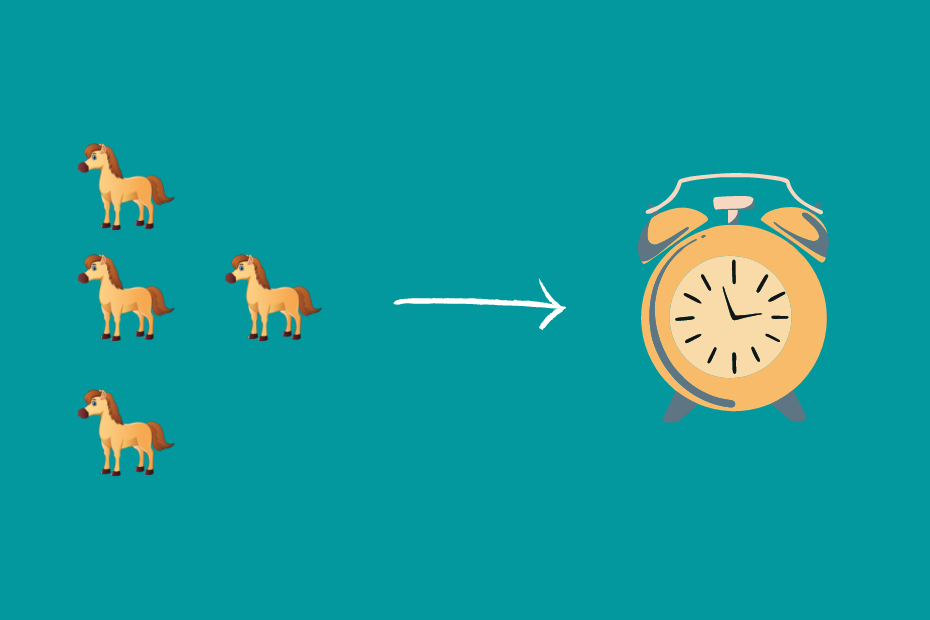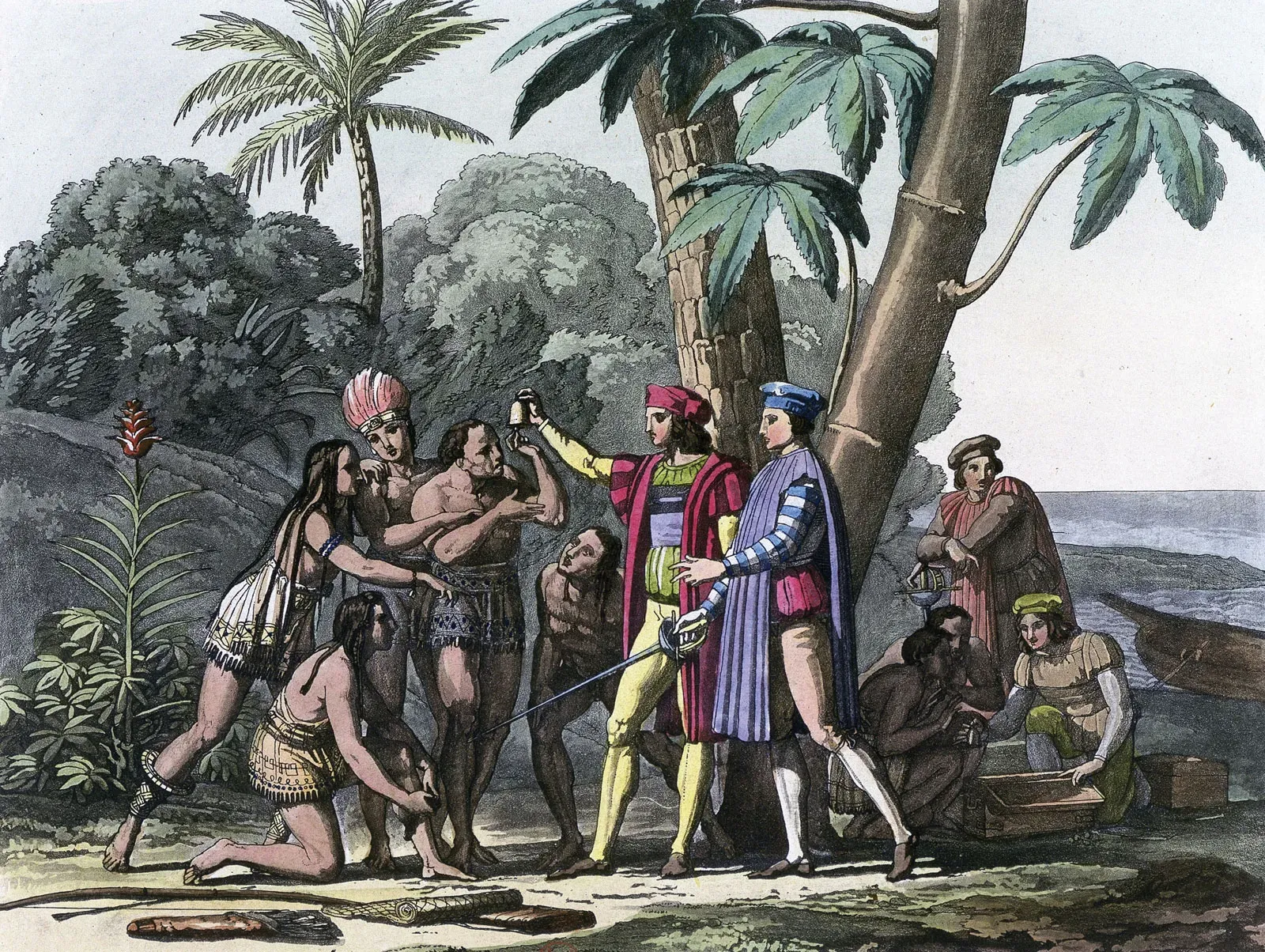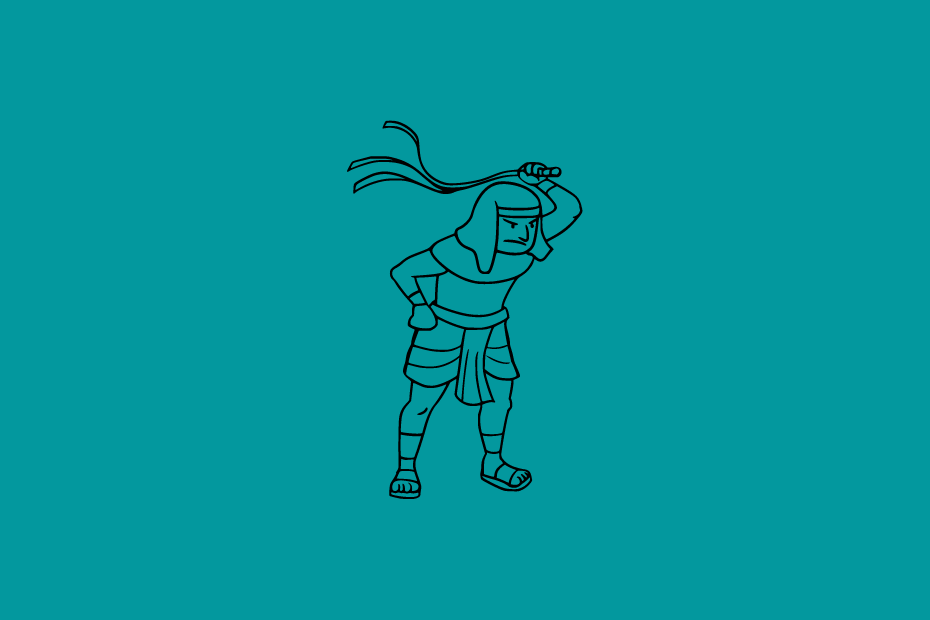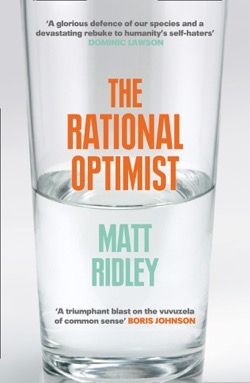The Rational Optimist: Summary & Key Ideas
The Rational Optimist is a book about how humans overcame challenges, evolved beyond imagination and why these facts can give us hope when it comes to our future.

I am an overthinker and a pessimist by nature. Reading extensively is part of my overthinking process. But for some mysterious reason, every book and every fact points to the direction that it makes much more sense to be an optimist.
- Save like a pessimist, and invest like an optimist when it comes to personal finance.
- Publish optimistic inflation and job market predictions to cool down the economy (if you are the government agency).
- Project a ridiculously high return on investment for your next campaign to get your marketing budget accepted.
An even better reason to be an optimist, is that being grumpy all the time sucks.
In 2022 (when I write this) there are not a lot of voices that are signaling to us that we should be overly optimistic about the future.
Inflation is record high, energy and food prices are steadily rising, there are layoffs all over the world, and ChatGPT will take our jobs.
- But what if we live in the most prosperous time humans ever experienced?
- What if innovation always pushed humans forward?
- What if there is a different side of the climate change debate, which is less worrisome?
I picked up The Rational Optimist to get to know more about the bright side of history and worldwide trends. We are drawn to bad news, while we take incredible achievements for granted.
This book is about the unsung incredible achievements and why we can be optimistic because of them.
The Rational Optimist was written by accomplished science writer, Matt Ridley. Ridley worked as the science editor for the Economist for nine years and published several books about innovation, evolution, and human nature as an independent writer.
The book was published in 2010, shortly after the financial crisis.
Its insight can be just as valuable today, even though Riddle left out some threats like a global pandemic (as Bill Gates pointed out).
Surprising Facts
- Without fossil fuel, modern men would need 600 unpaid slaves to afford the same lifestyle.
- A car traveling at full speed produces less pollution today than a parked car in 1970.
- The death rate from natural disasters declined by 99 percent since 1920. In 1920 a weather-related disaster took 242 lives / 1 million people. In the 2000s it took 3 life / 1 million people.
- Reefs will not disappear due to global warming. From warmer sees, they will, but where colder sees become warmer there will be new life.
- At the Chicago World Fair in 1893 people were asked about what innovation they think will have a big impact in the next century. Nobody predicted cars or mobile phones.
The Rational Optimist Summary
When ideas have sex
- Collective intelligence as an evolutional advantage: Not a single human knows how to make a computer mouse. At some point, human intelligence became collective which enable more innovation. One idea could lead to another, and no idea was lost in the process.
- Assets are drawn to bubbles, local services not: Immediate services like haircuts and food are designed in a way that it is hard to fail to deliver them, while assets are naturally drawn to bubbles.
A better today: the unprecedented present

- More people, more income, and longer lives: Since 1800 population was multiplied six times, but real income increased more than nine times and average life expectancy doubled. With all the Finite Games and limited resources, you would not expect such a trend.
- The Easterlin paradox is not true: The Easterlin paradox states that rich people are happier than poor people, but rich societies are not happier than poor societies. According to two papers published in 2008, this is simply not true. Rich societies are happier than poor societies.
- People are programmed to desire: Evolution shaped humans to be ambitious, to not to settle. We are simply not wired to appreciate things. Sorry stoics.
- The meaning of the words "job": We benefited greatly from specialization because of the increased productivity it enabled. Even the meaning of the word "job" is "producing one thing". And it is true for today as well. Even flexible professionals like writers, freelancers, and executives are engaging in maximum 2 or 3 occupations.
- Innovation converts the time to labor: Innovation moved away from optimizing labor, and enabled the creation of time, the greatest theme in history.
The collective brain: exchange and specialization after 200,000 years ago

- Trading created collective intelligence: Collective intelligence was the evolutional advantage that uplifted humans from other species. There are different hypotheses about how humans started to share knowledge. Matt Ridley argues that sharing, swapping, and trading things was the first step to building collective intelligence.
- People value what they don't have: Evolutionary psychologists assumed that it is rare that two humans have exactly the resources that the other need. But we don't trade just based on utility, but based on desires. We value what we don't have and our ancestors traded a necklace of shells for a strong axe because of this.
- Trade is beneficial for everyone: With trade, we inherit the ideas of someone who spent years perfecting his craft. Buying weapons from a hunter means buying a tool that is better to hunt than the one a gatherer could create.
- Trade is essential for innovation: In vast continents and rarely populated areas like Africa people made handmade tools, but they never experienced the great improvements what made innovation possible. There wasn't an opportunity for them to trade, to share ideas, to improve through others influence.
The manufacture of virtue: barter, trust, and rules after 50,000 years ago

- Trading is ancient: The common language when Colombus arrived in the new world was trade. Even in untouched communities, the concept of trade emerged individually.
- Smiling can make people trust you: Smiling evokes empathy and can make people trust you. This is why we smile when meeting new people or when we want to sell something.
- Trust leads to prosperity: As a generalization, people who live in a society based on trust are more prosperous. So eventually smiling leads to wealth.
- Commerce made cruelty unacceptable: Before the industrial revolution, slavery, child labor, executions and human sacrifices were a common theme of everyday life. In the nineteenth century people became more dependent on markets and these barbar traditions becam unacceptable. With the rise of commerce racism, sexism and child molesting were treated the same way.
- Institutions made the world nicer not innovation: We can argue that innovations enabled prosperity, but actually, institutions created the environment where society can benefit from innovations. The rule of law, the respect of private property, democratic government, impartial courts, credit, consumer regulation, the welfare state, a free press, religious teaching of morality, and copyright were all non-innovative institutions that made the world better.
The feeding of the nine billion: farming after 10,000 years ago
- We waste what is cheap: We don't optimize resources effectively if they are cheap. Increasing their price can lead to optimization and innovation. For example, water is cheap for most parts of the developed world and we don't do much to capture and store it effectively. But in areas where water is scarce (like in Cyprus, Israel, and Jordan) drip irrigation systems are already in place to get the most out of water.
The triumph of cities: trade after 5,000 years ago

- Cities were created to trade: People moved to cities to get more opportunities, to live better, and to be protected, but all of these were enabled or supported by the true reason for the existence of cities: to trade.
- Cities always relied on immigrants: Generally more people are dying in cities than born, so cities always relied on rural immigrants to sustain their population.
- Trade happens between individuals, not politicians: The great empires of the bronze age were not enabled by conquerors, but by trade. The tax generated from trade paid for the soldiers, weapons, and conquests.
- Uncertain times lead to great empires: When there is a strong monopoly of governments usually with high taxes, there is less room for trade and innovation. Most of the great empires have risen from uncertain times. China's economy first became significant during the uncertain Zhou dynasty, and their culture and technology saw a great improvement after the Han empire fell apart.
- Entrepreneurs steal when they can: According to the historian Terence Kealey, entrepreneurs are rational. If they can more easily steal something than create it by themself they will steal it. Without regulations, this can lead to big monopolies.
- Cities are not that bad for the environment: Humans in cities are occupying less space, are using less energy, and have less impact on the natural landscape than their countryside counterparts.
Escaping Malthus's trap: population after 1200
- The Roman Empire was built on slaves: Spartacus and his companions built the roads of Rome and grew its food. Sure, there were horses and ships in Rome, but the main source of energy was slaves.
- Economy backed by capital instead of slaves: Europe was the first place where economies became capital-intensive instead of labor-intensive. The capital was used to get energy out of animals, rivers, and later from machines rather than out of people.
The release of slaves: energy after 1700

- Wearing cotton: After its cheap introduction of cotton they banned wearing it in Britain in the 1700s to protect the monopoly of silk and wool.
- Biodiesel is worse than fossil fuel: To produce biodiesel you need so much machinery run by fuel, fertilizers, and pesticides to grow them, that at the end of the day, we need close as much energy to grow fuel, as we get out of them.
- Success stops innovation: The first venture capitalist, Georges Doriot said that the most dangerous moment for a company is when it succeeds because it stops innovating.
- Bring other's discoveries to market: You don't need to be a scientist by yourself to innovate. It is enough to bring innovative products to market relying on recent innovations. Just like Henry Ford did it.
- Knowledge was never lost: After humans found out how to use fire, knowledge was never lost again.
Turning points: pessimism after 1900
- The world won't continue as is, it never did: Pessimists often start their argument, with "if the world continues as is" then we have fossil fuels for X years, enough food to feed Y people. But the world won't continue as is. It never did. New sources of fuel were found, and new techniques were invented to produce food more effectively. It is not realistic to count on today's benchmark, because they will improve, just like they did thorough history.
The two great pessimisms of today: Africa and climate after 2010
- Top-down force on a bottom-up system fails The communist attempt to completely plan how an economy works failed because you can not pull top-down ideas on a bottom-up system. Trade is done by people not by politicians.
- Climate has always varied: Cooling and warming are both predicted as disastrous for humanity. The message goes that only keeping the present temperature is good enough for humans to live. But the temperature was not stagnant. in fact, it always varied.
- One job in the renewable energy sector destroys 2 in other sectors because it is so capital-intensive.
- Solar is the most efficient renewable energy: It is efficient because it is less land-hungry.
My Favorite Quotes from The Rational Optimist
"Merchants and craftsmen make prosperity; chiefs, priests and thieves fritter it away."
"Empires, indeed governments generally, tend to be good things at first and bad things the longer they last."
"The world of things - of pecans or power stations is indeed often subject to diminishing returns. But the world of ideas is not. The more knowledge you generate, the more you can generate."
"Pakistan's floods killed 1,800; Poland's less than fifty. As I write this, Java's Mount Merapi has killed 130 people; Iceland's Eyjafjallajökull killed no one. In short, prosperity buys survival."
"Give local people the power to own, exploit and profit from natural resources in a sustainable way and they will usually preserve and cherish those resources. Give them no share in a wildlife resource that is controlled - nay 'protected' - by a distant government and they will generally neglect, ruin and waste it."




